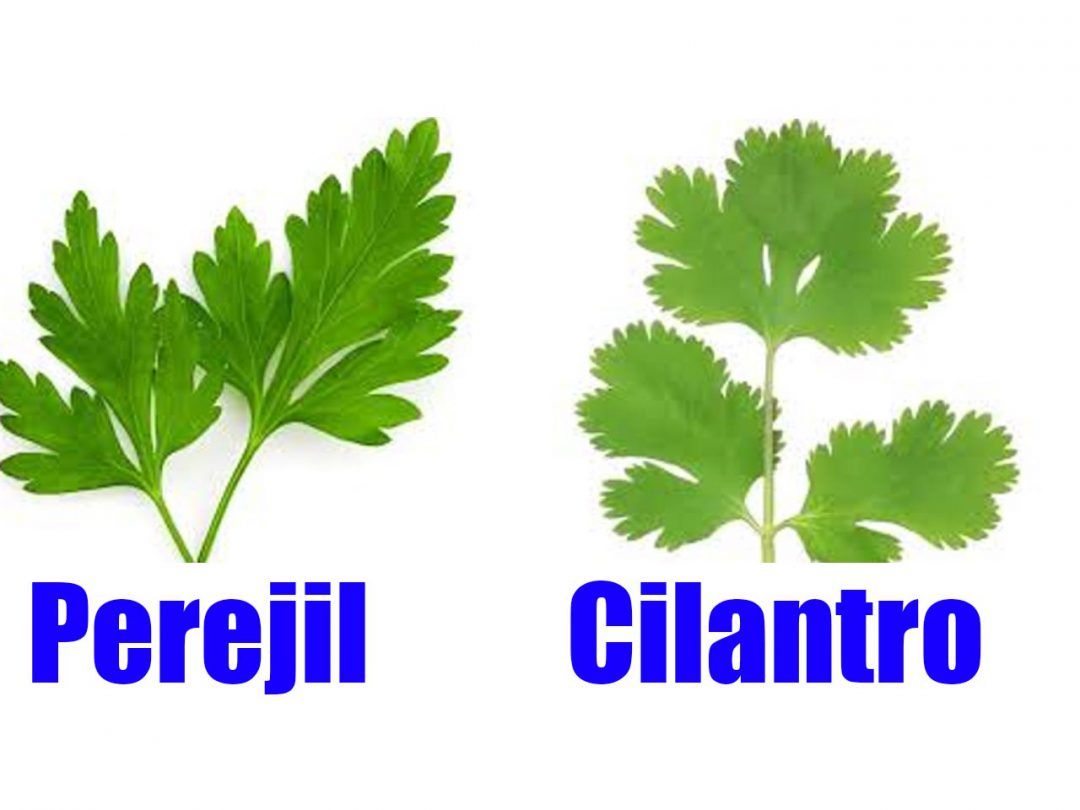When it comes to choosing a diet that promotes health and well-being, there are various options to consider. Two popular dietary approaches that have gained recognition for their potential benefits are the ketogenic diet and the low glycemic index (GI) diet. In this blog post, we will dissect the Ketogenic Diet vs. Low Glycemic Index Diet , explore their respective advantages, provide external links for further research, and answer frequently asked questions (FAQs) to help you make an informed decision about which dietary path aligns best with your health goals.
Ketogenic Diet: Embracing Ketosis
The ketogenic diet, often referred to as “keto,” is a low-carbohydrate, high-fat diet designed to induce a state of ketosis in the body. Ketosis is a metabolic state in which the body primarily burns fat for energy, rather than carbohydrates. Key features of the ketogenic diet include:
- High Fat: Approximately 70-75% of daily calories come from healthy fats.
- Low Carbohydrates: Carbohydrate intake is severely restricted to about 5-10% of daily calories.
- Moderate Protein: Protein intake is moderate, accounting for around 15-20% of daily calories.
Low Glycemic Index Diet: Managing Blood Sugar
The low glycemic index diet focuses on selecting foods that have a lower glycemic index value. The glycemic index is a scale that ranks carbohydrate-containing foods based on how quickly they raise blood sugar levels. Key features of the low GI diet include:
- Balanced Macronutrients: Unlike the ketogenic diet, the low GI diet does not prescribe specific macronutrient ratios but emphasizes choosing carbohydrates with a low glycemic index.
- Slow-Release Carbohydrates: Emphasis is placed on consuming carbohydrates that are slowly digested and absorbed, leading to gradual increases in blood sugar levels.
- Diverse Food Choices: The low GI diet allows for a wide variety of foods, including fruits, vegetables, whole grains, and legumes.
Comparing the Ketogenic Diet and Low Glycemic Index Diet
Weight Loss and Blood Sugar Control
- Ketogenic Diet: Known for rapid initial weight loss and potential benefits in blood sugar control, making it suitable for weight management and diabetes management.
- Low Glycemic Index Diet: Focuses on steady blood sugar control, which may aid weight management and is particularly helpful for individuals concerned about blood sugar spikes.
Ketosis vs. Steady Blood Sugar
- Ketogenic Diet: Promotes ketosis, where the body burns fat for energy, resulting in weight loss and potential cognitive benefits.
- Low Glycemic Index Diet: Aims to maintain steady blood sugar levels, reducing the risk of energy crashes and mood swings.
Dietary Fat vs. Balanced Nutrition
- Ketogenic Diet: Encourages high dietary fat intake, which may not be suitable for everyone and can lead to concerns about heart health.
- Low Glycemic Index Diet: Offers a more balanced approach, allowing for a variety of foods while focusing on their glycemic impact.
Choosing the Right Low-Carb Diet: Ketogenic Diet vs. Modified Atkins Diet
External Links for Further Research
For a more in-depth exploration of the ketogenic diet and the low glycemic index diet, consider exploring these external resources:
Frequently Asked Questions (FAQs)
1. Can I switch between these diets?
- While it’s possible to transition between diets, it’s essential to do so carefully and consider your specific health goals. Consult with a healthcare professional for guidance.
2. Are these diets suitable for everyone?
- These diets may not be suitable for individuals with certain medical conditions or dietary restrictions. Consult a healthcare provider before making significant dietary changes.
3. Do these diets require calorie counting?
- Both diets can be effective without strict calorie counting, but portion control and mindful eating are essential for success.
In conclusion, choosing between the ketogenic diet and the low glycemic index diet depends on your health goals, dietary preferences, and how your body responds to each approach. Always consult with a healthcare professional before making significant dietary changes to ensure they align with your individual needs and health conditions.











